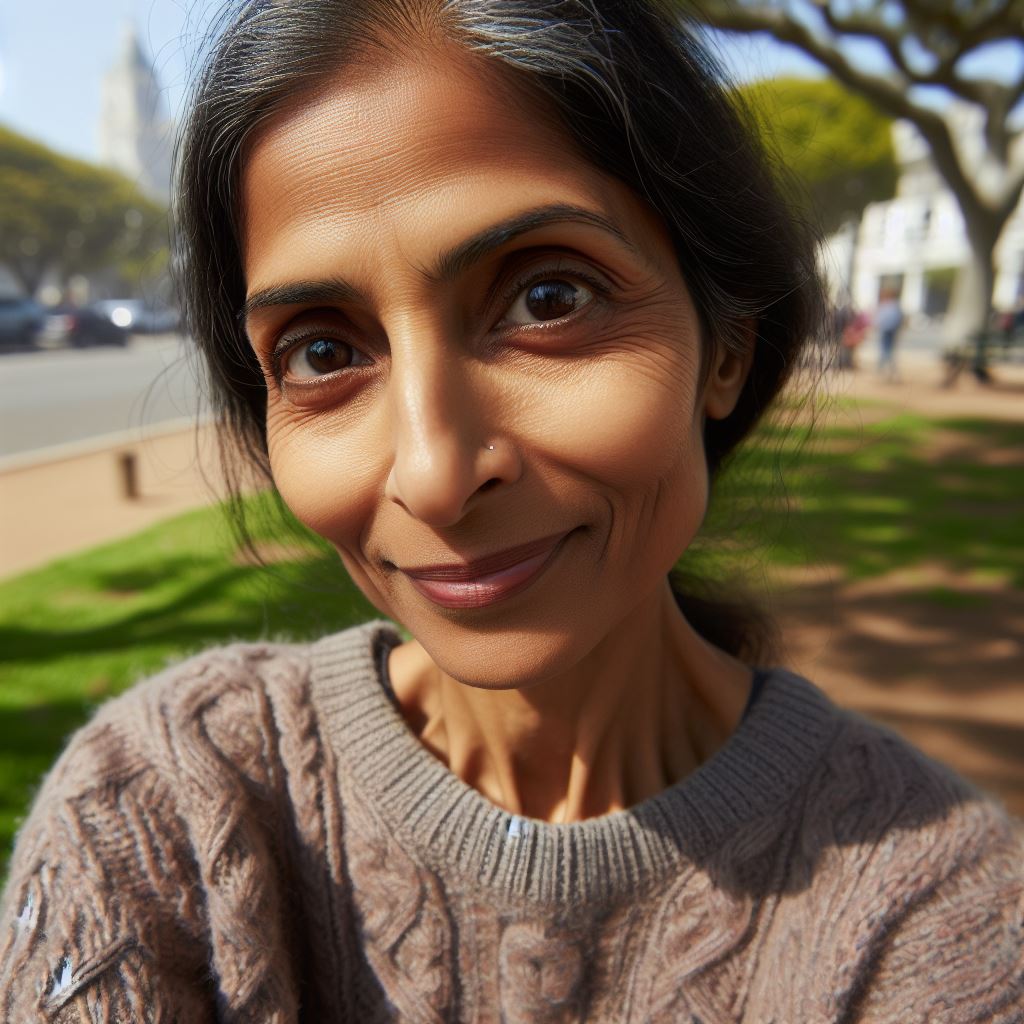The death has the “Reguregu”, which is the lead-up to the burial , where all the friends and extended family come to pay their respects. ... One hundred days after the death the mourning is lifted and the various Taboos, or in Fijian Tabu, are lifted from the family members in what is called the Vakataraisulu ceremony.
How do Fijians celebrate death?
Fijian funerals, at least implicitly, embrace a parallel idea wherein the number of groups attending is seen as recognition that the deceased had previously come to the aid of others. ... A funeral sums up a person’s life: the times they did their duty towards others and when they came to others’ aid in times of need.
What is a Sevusevu in Fiji?
sevusevu, the ceremonial presentation of kava (Fijian: yaqona), a mildly narcotic root. central to ritual and sociality in many Pacific societies. The sevusevu is a central. component of all life-cycle rituals, social gatherings, healing ceremonies, and. community meetings.
What is yaqona ceremony?
Yaqona Vakaturaga – the Chiefly “Kava” Ceremony
Accorded to Chiefs, Tribal Leaders, and high Dignitaries , the presentations and the drinking of Kava signifies highest respect and deepest reverence for the Chief, for his or her people and the land (“vanua”) from whence they hail.
What do Fijians call each other?
“Kaivata” or “Kai” may be used generally across the board to all Fijians, if they identify themselves within the same Province. “Kai-noqu” may be used when one Fijian is generally addressing another Fijian that they share the same blood somewhere in their lineage.
What is a yavusa?
The basic Fijian polity or yavusa is ideally taken to be a group of people (both male and female) claiming descent usually in the male line from a common mythological ancestral spirit, and associated with commonly held land.
What is Bulubulu in Fiji?
In Fijian culture, bulubulu – a custom for reconciling differences – is an essential part of traditional village life. Disputes were settled with the offer of a whale’s tooth (tabua), a gift or compensation, and asking for forgiveness.
What is SEVU SEVU?
Sevusevu is a traditional Fijian protocol and involves the presentation of kava (bundle of waka roots) to the village chief upon arrival or to someones home you are visiting generally for the first time. It’s a gesture of respect and sets up a more meaningful relationship between the host and the hosted.
How many villages are there in Fiji?
The link below says there are 15 provinces (14 plus Rotuma), 195 districts, and 1,193 villages in Fiji.
What do you say before drinking kava?
When receiving the kava and preparing to drink, the guest must clap once, say “Bula” (the Fijian word for hello and love, much like “aloha” in Hawaiian), and then, ideally, drink the cup in its entirety in one gulp, followed by three more claps.
Why do Fijians clap 3 times?
Clapping three times is traditionally performed during a Fijian Kava ceremony, signifying the bringing together of two families . After drinking the Kava root drink it is customary to clap three times and say ‘Mathe’. ... Clapping three times after drinking the Kava is a way of showing respect and admiration.
Is kava a drug?
Kava is a drug made from the ground roots of a plant found in the South Pacific. It is taken as a drink, supplement or extract. Long-term kava use is associated with a range of problems including apathy, weight loss and liver damage.
How do Fijians greet each other?
Fijian women tend to greet each other by hugging and giving a light kiss (a sniff) to each other’s cheek . ... In Fiji, people usually greet those they know as they pass them casually with a wave and the verbal greeting of “Bula”.
What is a person from Fiji called?
Fijians , officially known since 2010 as iTaukei, are the major indigenous people of the Fiji Islands, and live in an area informally called Melanesia. Indigenous Fijians are believed to have arrived in Fiji from western Melanesia approximately 3,500 years ago, though the exact origins of the Fijian people are unknown.
What is brother in Fijian?
Mother – Nana. Elder brother – Tuakaqu tagane. Younger brother – Taciqu tagane . Elder sister – Tuakaqu yalewa. Younger sister – Taciqu yalewa.
What does mataqali mean in Fijian?
From Wikipedia, the free encyclopedia. A mataqali (pronounced [mataŋˈɡali]) is a Fijian clan or landowning unit .
